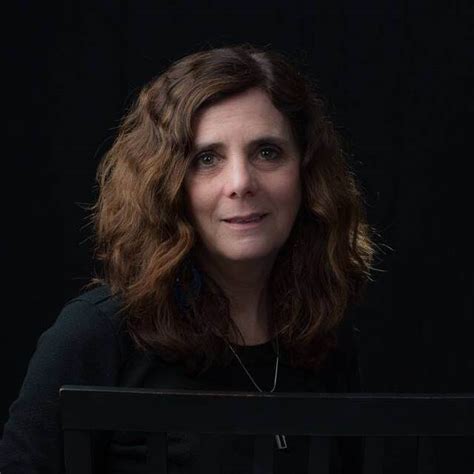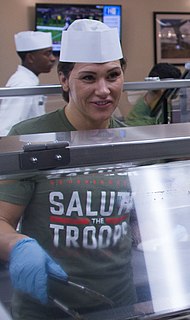A Quote by Paulo Coelho
signs are an extremely personal language that we develop throughout our lives, by trial and error, until we begin to understand that God is guiding us.
Related Quotes
Throughout our lives friends enclose us like pairs of parentheses. They shift our boundaries; crater our terrain. They fume through the cracks of our tentative houses and parts of them always remain. Friendship asks the truth and wants the truth, hollows and fills, ages with us, and we through it. It cradles us like family. It is ecology and mystery and language - all three. Our grown-up friendships - especially the really meaningful ones- model for our children what we want them to have throughout their lives.
There are those of us who are always about to live. We are waiting until things change, until there is more time, until we are less tired, until we get a promotion, until we settle down / until, until, until. It always seems as if there is some major event that must occur in our lives before we begin living.
When we rise out of [the night] into the new life and there begin to receive the signs, what can we know of that which - of him who gives them to us? Only what we experience from time to time from the signs themselves. If we name the speaker of this speech God, then it is always the God of a moment, a moment God.
What makes us leave what we love best? What is it inside us that keeps erasing itself When we need it most, That sends us into uncertainty for its own sake And holds us flush there until we begin to love it And have to begin again? What is it within our own lives we decline to live Whenever we find it, making our days unendurable, And nights almost visionless? I still don't know yet, but I do it.
There are two gods. The god our teachers teach us about, and the God who teaches us. The god about whom people usually talk, and the God who talks to us. The god we learn to fear, and the God who speaks to us of mercy. The god who is somewhere up on high, and the God who is here in our daily lives. The god who demands punishment, and the God who forgives us our trespasses. The god who threatens us with the torments of Hell, and the God who shows us the true path.
There are two gods. A god who casts us off because of our sins, and a God who calls to us with His love.
We must be careful not to choose, but to let God's Holy Spirit manage our lives; not to smooth down and explain away, but to stir up the gift and allow God's Spirit to disturb us and disturb us and disturb us until we yield and yield and yield and the possibility in God's mind for us becomes an established fact in our lives, with the rivers in evidence meeting the need of a dying world.
Of course, none of this can happen for us until we give our lives back to God. We cannot know the joy or the life or the freedom of heart I've described until we surrender our lives to Jesus and surrender them totally... We turn, and give ourselves body, soul, and spirit back to God, asking him to cleanse our hearts and make them new. And he does. He gives us a new heart. And he comes to dwell there, in our hearts.





































